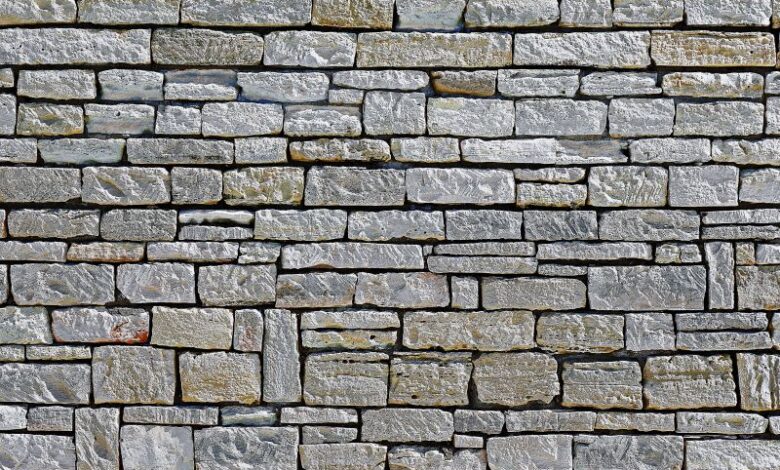Overview of What Stone Masonry Is

Stone masonry combines the beauty and permanence of natural stone blocks with intricate details that make up stunning architectural designs. From grand mansions to small garden walls, there are countless possibilities for creating lasting monuments with this age-old craft.
Whether you’re new to the topic or looking to enhance your existing knowledge, I’m sure by the end of our journey together here; you’ll have gained some insight into this fascinating form of artistry. So let’s jump in and delve deeper into Stone Mason Charleston SC.
The Different Types of Stones Used for Masonry
- Granite
Granite is an igneous rock composed of quartz, feldspar, and mica. Granite is one of the most durable stones available and is often used for countertops, flooring, and other decorative features. In masonry projects, granite can be cut into blocks or slabs and fitted together to create walls or other structures. It is also resistant to weathering and has a long lifespan.
- Limestone
Limestone is a sedimentary rock that consists primarily of calcium carbonate. It is often used in masonry projects due to its durability and versatility. Limestone can be cut into blocks or slabs and fitted together to create walls or other structures. It can also be carved into ornamental features such as columns or statues.
- Sandstone
Sandstone is a sedimentary rock consisting mainly of sand-sized particles cemented together by silica or calcite. Sandstone has been used for centuries in masonry projects due to its strength and durability. It can be cut into blocks or slabs, fitted together to create walls or other structures, and carved into ornamental features such as columns or statues.
- Marble
Marble is a metamorphic rock composed mainly of calcite and dolomite minerals. Marble has been used for centuries in masonry projects for its beauty and durability. It can be cut into blocks or slabs, fitted together to create walls or other structures, and carved into ornamental features such as columns or statues.
- Slate
Slate is a metamorphic rock consisting mainly of clay minerals altered by heat and pressure over time. Slate has been used for centuries in masonry projects due to its strength, durability, and aesthetic appeal. It can be cut into blocks or slabs, fitted together to create walls or other structures, and carved into ornamental features such as columns or statues.
- Travertine
Travertine is a limestone that forms around hot springs when dissolved calcium carbonate precipitates out of the water onto the surrounding rocks. Travertine has been used for centuries in masonry projects due to its strength, durability, and aesthetic appeal. It can be cut into blocks or slabs, fitted together to create walls or other structures, and carved into ornamental features such as columns or statues.
- Concrete
Concrete is an artificial material made from cement mixed with sand, gravel, and water. Concrete has become increasingly popular for masonry projects due to its strength, durability, and affordability. It can be poured directly onto the ground, where it will harden over time, or molded into shapes before setting. After it sets, concrete can also be painted, stained, or polished for decorative effect.
The Tools Needed For Stone Masonry
Stone masonry is an artisan craft requiring skill and the right tools to create something remarkable. From cutting and shaping the stone blocks to setting and finishing, every masonry process relies heavily on having the proper tools. Some of the essential tools every mason needs include a chisel, hammer, trowel, bolster, and carving tools.
Where once a hammer and chisel may have been used to shape a block of stone, today’s masons use power tools such as angle grinders, saws, and points to make the job faster and more precise. Whatever the device, a skilled mason knows that mastering its use is key to creating beautiful works of art that could last centuries.
Tips For Hiring a Professional Masonry Contractor
When hiring a professional masonry contractor like Pro Angle Masonry Charleston, it can be overwhelming to know where to start. But with a few key tips, you can find the right expert for the job:
- Ask for referrals from friends and family who have recently had similar work done.
- Research online to ensure the contractor has a good reputation and qualifications.
- Request a written estimate and contract before agreeing to any work.
- Be bold ask questions and provide your understanding of the project’s scope and the timeline for completion.
By following these tips, you can ensure you hire a skilled and reliable masonry contractor for your project.





